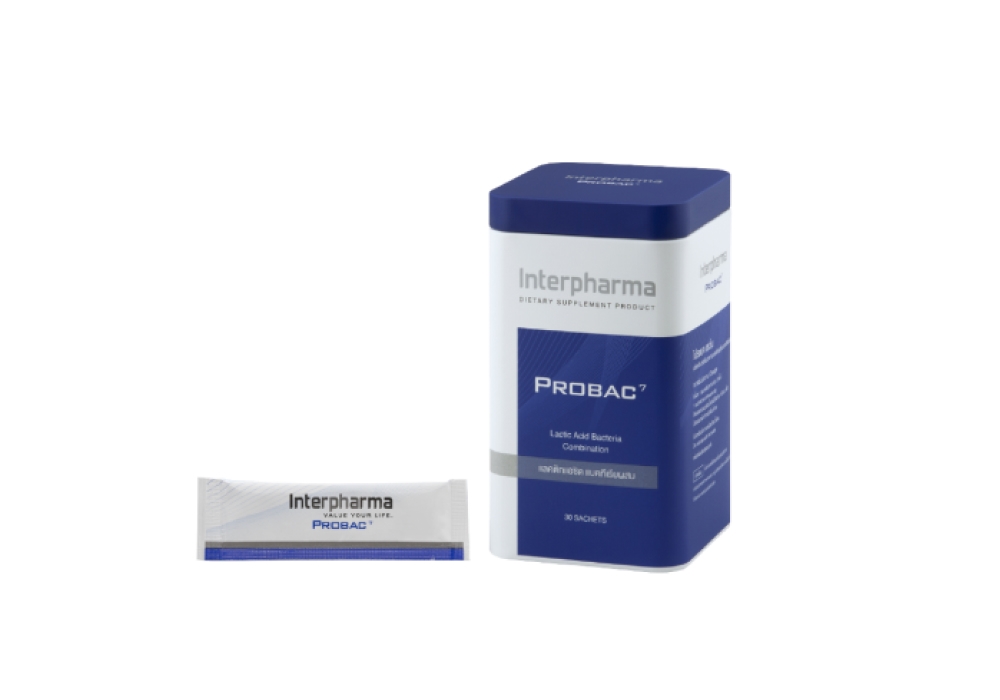When is the Best Time to Take Probiotics? Frequently Asked Questions About Taking Probiotics Effectively

When is the Best Time to Take Probiotics?
Frequently Asked Questions About Taking Probiotics Effectively
Selecting a high-quality probiotic is just the beginning. But taking it at the "right time" and in the "right way" is the key to unlocking the full potential of these beneficial microorganisms. The question, "When is the best time to take probiotics?" is therefore the number one doubt for those beginning to care for their gut health.
This article compiles clear, science-based answers and addresses common concerns, ensuring that your investment in probiotics is not wasted.
When is the Absolute Best Time to Take Probiotics?
The best answer to this question is "on an empty stomach." The primary reason is the stomach's condition.
Naturally, the stomach secretes highly concentrated acid (low pH) when food arrives, which is used for digestion. This harsh acid is a significant obstacle that can kill most probiotic microorganisms before they even reach the intestine.
The period when the stomach is empty is therefore the "golden window" because the stomach environment is at its least acidic. This gives probiotics the highest chance of surviving the passage through the stomach to the intestine in the largest possible numbers.
The recommended "empty stomach" times are:
- In the morning after waking up (30 minutes before breakfast). This is the longest period the stomach has been empty since the previous night.
- Before bed (at least 2-3 hours after dinner). This is another time when the stomach is empty and acid levels have subsided.
Case Study: Probac7 and Technology That Increases the Survival Rate of Good Microorganisms
Probac7 is a probiotic designed using Isodry technology, a processing method similar to that used for live vaccines. This ensures that the ingested probiotic strains are more resistant to stomach acid and bile than general probiotics. They can function effectively when exposed to the appropriate temperature and moisture within the body.
However, even though this production technology provides excellent protection for the strains, taking Probac7 on an empty stomach (e.g., before bed or before breakfast) is still the recommended practice to maximize effectiveness. This ensures that the over 100 billion CFU (Colony Forming Units) of beneficial microorganisms per sachet can reach the intestine and begin working to restore gut balance to their full potential.
Frequently Asked Questions (FAQ) About Taking Probiotics Effectively
Q1: Is it necessary to take probiotics every day?
A: It is recommended to take them daily and consistently, especially during the first 1-3 months. This gives the beneficial microorganisms time to colonize, rebalance, and populate the gut. Inconsistent intake may prevent the gut-balancing process from being as effective as it should be.
Q2: How long until I see results?
A: This depends on the individual's health issues and physical condition.
- For digestion (constipation/diarrhea): Changes may be noticeable within 3-7 days.
- For immunity or skin (allergies/acne): It may take 4-12 weeks (1-3 months) of continuous use for the body to gradually rebalance from within.
Q3: Can I take probiotics with antibiotics?
A: Do not take them at the same time. Antibiotics kill both pathogenic (bad) bacteria and beneficial (probiotic) bacteria. The correct method is to take the probiotic at least 2-3 hours apart from the antibiotic. You should also continue taking probiotics for at least 1-2 weeks after finishing the antibiotic course to restore the gut flora.
Q4: What should I not take probiotics with?
A: Do not take probiotics with very hot beverages or certain medications, as high heat will kill the live microorganisms. You should also avoid taking them with alcoholic beverages.
Q5: What should I do if I forget a dose?
A: If you missed it by a long time (e.g., forgot the morning dose), skip that dose and take the next one (e.g., before bed) at the regular amount. It is not necessary to double the dose.
Q6: I'm experiencing bloating or more frequent bowel movements after taking probiotics. Is this abnormal?
A: During the first 1-2 weeks, you may experience bloating, gas, or more frequent bowel movements. This is considered a normal reaction known as a "Healing Crisis," which occurs as the good microorganisms begin to rebalance and combat the pathogens in your gut. These symptoms will gradually improve and disappear as your gut balance is restored.
Conclusion
"When is the best time to take probiotics?" is just the starting point for taking them effectively. To get the maximum benefit from probiotics, the keys are timing (taking them on an empty stomach) and consistency in consumption. This should be paired with choosing a high-quality product that features strain-protection technology, like Probac7, to ensure you are adding the best possible support to your gut health.











